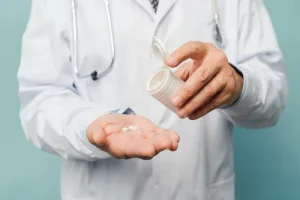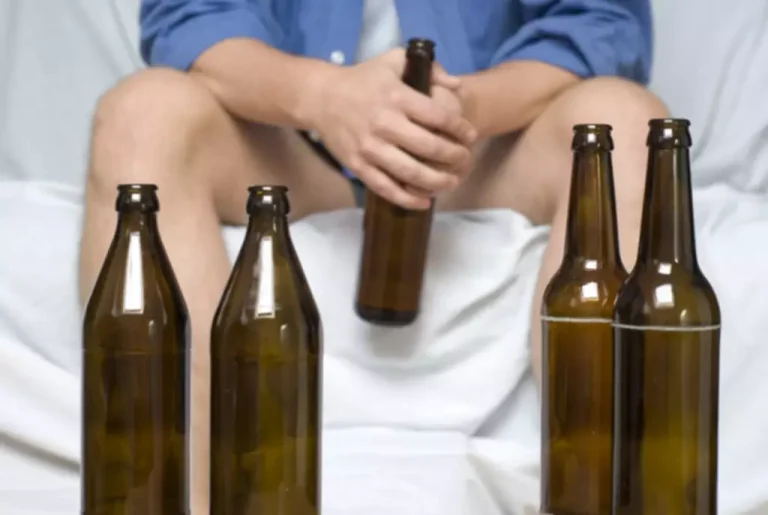Treatment for Alcohol Problems: Finding and Getting Help National Institute on Alcohol Abuse and Alcoholism NIAAA
Once the hangover has set in, gulping down water doesn’t reduce its intensity. Researchers concluded that consuming water during or directly after a drinking session is ineffective in preventing hangovers. Further, drinking water after the hangover had set in was not shown to alleviate the severity of symptoms. Some individuals who have stopped drinking after experiencing alcohol-related problems choose to attend AA meetings for information and support, even though they have not been diagnosed as alcoholic. Continuing care for alcoholism keeps recovering individuals in touch with counselors who can help them work out any emotional issues that could potentially trigger a relapse. However, if a person is willing to get the treatment they need at an alcohol rehabilitation center, they have a much greater chance of becoming sober than they would if they attempt the process alone.
What are the signs and symptoms of alcohol-induced hepatitis?
These heightened dopamine levels may make the drinking experience more gratifying. A person who drinks excessive alcohol may not be the first to realize it is a problem. Certain events https://ecosoberhouse.com/ or emotional states may trigger a relapse in recovering alcoholics. Being aware of these triggers and knowing what triggers activate you or your loved one may help prevent relapse.

What is alcohol use disorder, and what is the treatment?
Although many people are tempted to make other major life changes during this stage of recovery, such as changing jobs, experts recommend focusing energy on stopping drinking for at least the first year. So far, there’s no consensus on the medical definition of recovery in alcohol treatment literature. If you drink more alcohol than that, consider cutting back or quitting. The American Medical Association recommends a two-drink daily limit for people assigned male at birth (AMAB).

Alcohol Rehab
Physical therapy is essential for improving muscle strength, coordination, and overall mobility. Tailored exercise programs help restore function and reduce symptoms. This online tool is designed to help consumers find quality treatment for alcohol use disorder (AUD).

What are the risk factors for erectile dysfunction?
Binge drinkers, for example, may be fine with going for weeks or even months without a drop of alcohol, but when they do drink, they have trouble stopping themselves from consuming far too much. This type of abuse can have many consequences, including health, social, and legal problems. One of the things that is “missing” in the bodies of people who drink a lot of alcohol is vitamin B.
Does Alcoholic Neuropathy Affect Autonomic Functions, And What Symptoms Might This Include?
- This is of particular concern when you’re taking certain medications that also depress the brain’s function.
- Your health care provider or counselor can suggest a support group.
- One of the things that is “missing” in the bodies of people who drink a lot of alcohol is vitamin B.
- I have seen this to mostly be the case with thousands of my brothers and sisters in recovery who I have had the honor to interact with.
Though there may be no easy “cure” for alcoholism, or alcohol use disorder, the condition is treatable. Ongoing treatment and continued recovery efforts can be helpful in successfully managing alcoholism and preventing relapse in the long term. Read on to learn more about the disease of alcoholism and how it is treated. The Grove can alcoholism be cured Editorial Team is a dynamic group of professionals at The Grove, a leading addiction treatment center in Indianapolis, Indiana. Comprising experienced therapists, medical experts, and dedicated support staff, this team brings a wealth of knowledge and compassionate insight into the complexities of addiction and recovery.
- Instead, alcoholism treatment is meant to help individuals manage the condition throughout their lives so they will not relapse to alcohol use.
- Many years ago, those who struggled with alcohol addiction or dependency were considered to be people with weak morals who were missing the strong characteristics needed to overcome their struggles.
- They might also experience physical and psychological withdrawal symptoms when they go without alcohol.
- Prognosis for alcoholic hepatitis depends on the extent of liver damage and whether the person abstains from alcohol or continues drinking.
Programs may also link individuals with vital community resources, such as legal assistance, job training, childcare and parenting classes. When you visit your health care provider, he or she will ask you a number of questions about your alcohol use to determine whether you are having problems related to your drinking. If your health care provider concludes that you may be dependent on alcohol, he or she may recommend that you see a specialist in treating alcoholism. You should be involved in any referral decisions and have all treatment choices explained to you. The consequences of alcohol misuse are serious — in many cases, life threatening.
Charitable Care & Financial Assistance
That said, there are four general stages of recovery, as compiled by addiction expert Steven M. Melemis, MD. These stages can help prevent relapse and support people to live healthier, fuller lives. Alcoholism affects over 17 million people in the United States, according to the US Department of Health and Human Services. Unfortunately, many people who suffer with alcoholism are reluctant to get the treatment they need. This is usually due to a variety of reasons, from not understanding they actually have a problem, to worrying about being stereotyped as an alcoholic. People who are willing to take that important first step will find there is a lot of help available, which is all designed to help them achieve a successful recovery.
How is alcohol-induced hepatitis treated?
- AUD is characterized by an impaired ability to stop or control alcohol use despite adverse social, occupational, or health consequences.
- The people who drank water before bed felt less dehydrated than the other group – however, they experienced the same symptoms.
- As their condition progresses, their brain chemistry, gray matter, and the specific areas of the brain that are responsible for reward will become permanently altered.
- Yet the condition can be effectively managed by teaching a person strategies that can help them cope with stress and environmental factors that contribute to their alcohol abuse.